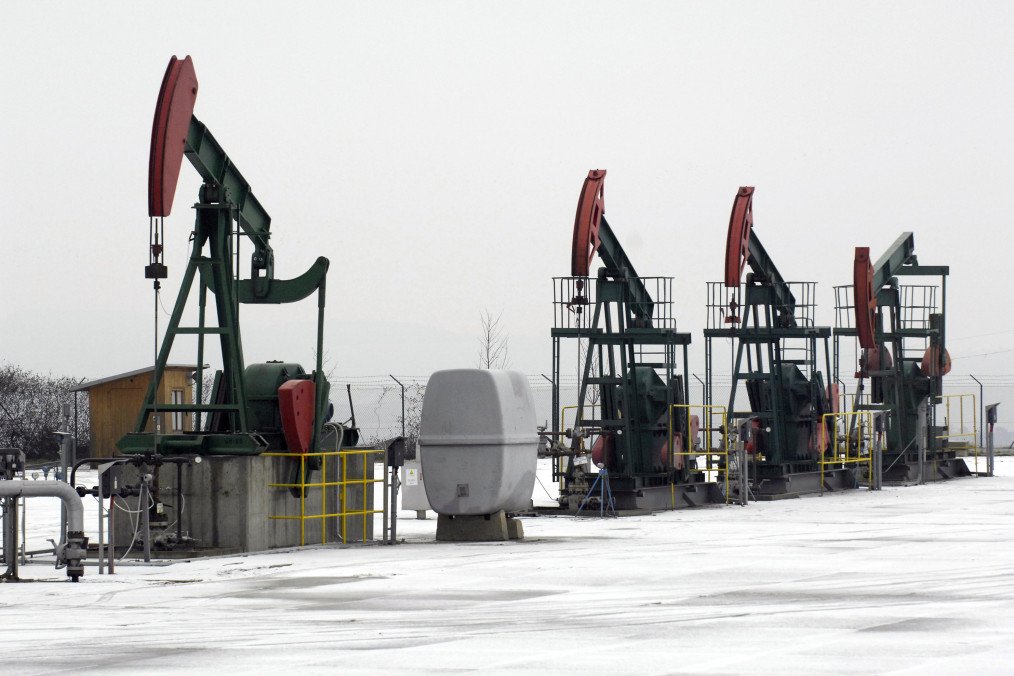- Category
- Latest news
Czechia Spends €8.2 Billion on Russian Oil in 2024 Despite Available Alternatives

Despite the availability of alternatives, Czechia continues to import Russian crude oil, contributing significant revenue to the Kremlin even three years into the war against Ukraine.
In an April 7 report by Reuters, with analysis by Martin Vladimirov, Director of the Geoeconomics Program at the Center for the Study of Democracy (CSD), Czechia spent over €8.2 billion on Russian oil and gas in 2024 alone—six times the amount it has provided in aid to Ukraine since Russia’s full-scale invasion.
Czechia has the infrastructure, reserves, and access to other suppliers to fully replace Russian oil, yet it has delayed this strategic shift.
The completion of the Trans-Alpine (TAL) pipeline in late 2024, combined with the country’s 3.6 million-tonne strategic reserve, should allow Czechia to decouple from Russian oil.
However, state-owned pipeline operator MERO ČR and the dominant refiner, Orlen Unipetrol, have yet to fully utilize these resources.
Despite these capabilities, Orlen’s reluctance to cut ties with Russia appears driven by financial concerns, as Russian crude remains cheaper than alternatives.
This, however, has contributed to substantial geopolitical consequences, with Czechia continuing to funnel billions to the Russian regime. The situation is compounded by Czechia’s use of a loophole in EU sanctions, importing Russian petroleum products refined in Slovakia and Hungary.
-3083eb0c13d3cb4b95bbfcb23e7e2bfa.jpg)
According to CSD, the Czech government has the power to halt Russian oil imports and make use of the TAL pipeline and domestic reserves.
Similar actions by Bulgaria, which fully phased out Russian oil in 2024 without major repercussions, show that a shift away from Russian energy is possible.
Czechia now faces increasing pressure to align its actions with European energy security objectives. Failure to act would perpetuate the funding of Russia’s war machine, undermining broader European efforts to sever reliance on Russian energy.
In related news, the Ukrainian government will send a delegation to the United States this week to begin negotiations on a new agreement concerning Ukraine’s mineral resources.
-554f0711f15a880af68b2550a739eee4.jpg)

-111f0e5095e02c02446ffed57bfb0ab1.jpeg)


